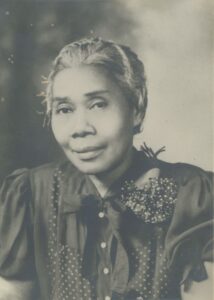History

Eleanor McMain
Eleanor McMain was a settlement house worker and progressive reformer in early-twentieth-century New Orleans.

Eleanor McMain was a settlement house worker and progressive reformer in early-twentieth-century New Orleans.
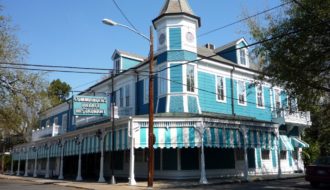
Ella Brennan was the matriarch of the family that owns many restaurants in New Orleans, including Commander's Palace.
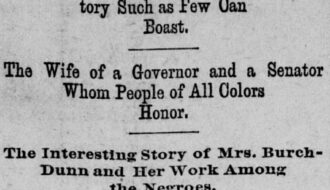
Ellen Dunn-Burch was a politically engaged philanthropist credited with convincing her husband Oscar J. Dunn to accept the nomination for lieutenant governor of Louisiana, making him the nation’s first Black executive officer.
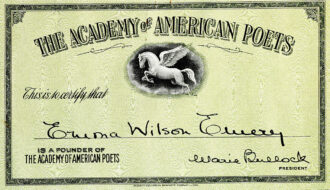
Louisiana’s first and longest-serving poet laureate, Emma Wilson Emery wrote poetry about romance, nature, and anti-war sentiments.
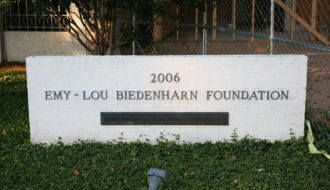
Emy-Lou Biedenharn was a noted opera singer and philanthropist from Monroe.
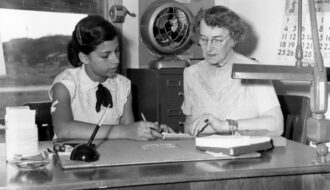
Essae Culver was a pioneering librarian and educator in an era when library service was beyond the ken of most rural Americans.
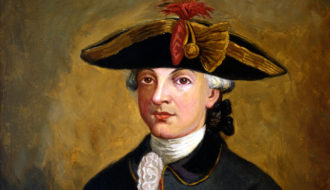
Serving from 1782 until 1791, Spanish-colonial governor Esteban Miró oversaw a period of relative economic prosperity.
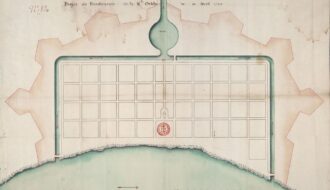
From 1727 to 1733 Etienne de Périer governed Louisiana as commandant-general for the Company of the Indies, which held a charter for the development of the Louisiana colony until 1731, and the French Crown.
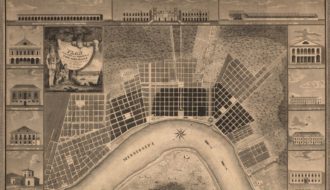
Eulalie Mandeville was an entrepreneur of extraordinary business acumen who became one of New Orleans' wealthiest free women of color.
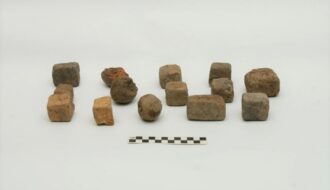
This entry covers the prehistoric Evans culture during the Middle Archaic Period, 6000–2000 BCE.
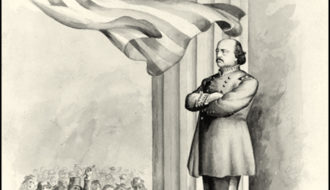
For both Union and Confederate forces during the Civil War, New Orleans was considered a strategic city at the mouth of the Mississippi River.
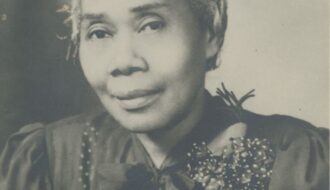
Fannie C. Williams was an educator, community organizer, and civil rights activist.
One-Year Subscription (4 issues) : $25.00
Two-Year Subscription (8 issues) : $40.00
